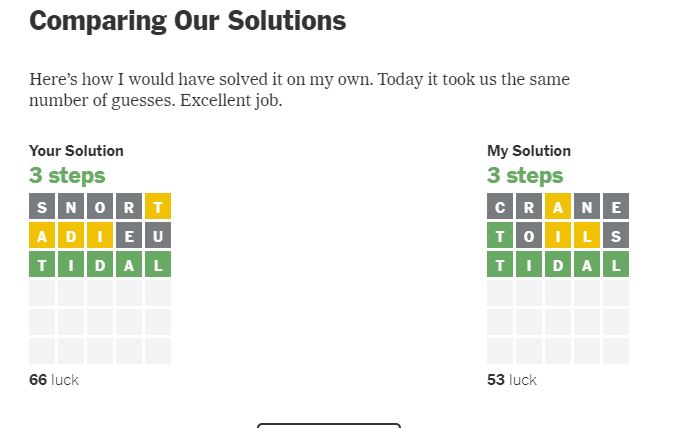Thing about worded constructions to do with mental processses (anything of function, going to mechanisms) is that the tools in the head don’t start with words. It’s easy to be seduced, even unconsciously, into the view, or to act or think as if words (language) are somehow the foundations of whatever computation minds do. Wording things (language) might be accurately said to be powerful, and contribute to thought.
TV, movies, advertizing, the news (too the state apparatus proper) as do so many cultural influences, load messages (in the mode of delivery) with importance of that verbal’s (or written’s) contribution to reality, and are happy to take advantage of the unexplicated reality that not only is language not the origins of the capacity for thought, but too there are limits to its (language’s) healthy imposition.
Imagine someone shoves the term free will in your face, in some context that your busy little mind feels compelled to think in relative terms and examine how free. One could just start with it’s a tiny bit free, to some modest degree and it’s a work in progress. That ought be enough. Why free should mean completely free or mostly free doesn’t make any sense, and is probably an absolute notion, a crazy idealization generated by hyperactive relativism.
Truth be known the most free of will are probably happy accidents, but I’d think retrospect and unconclusion’s contribution to happy accidents’d rate a mention.
The greater part of the evolution of organic live (origins too) were accidental. Happened upon.
